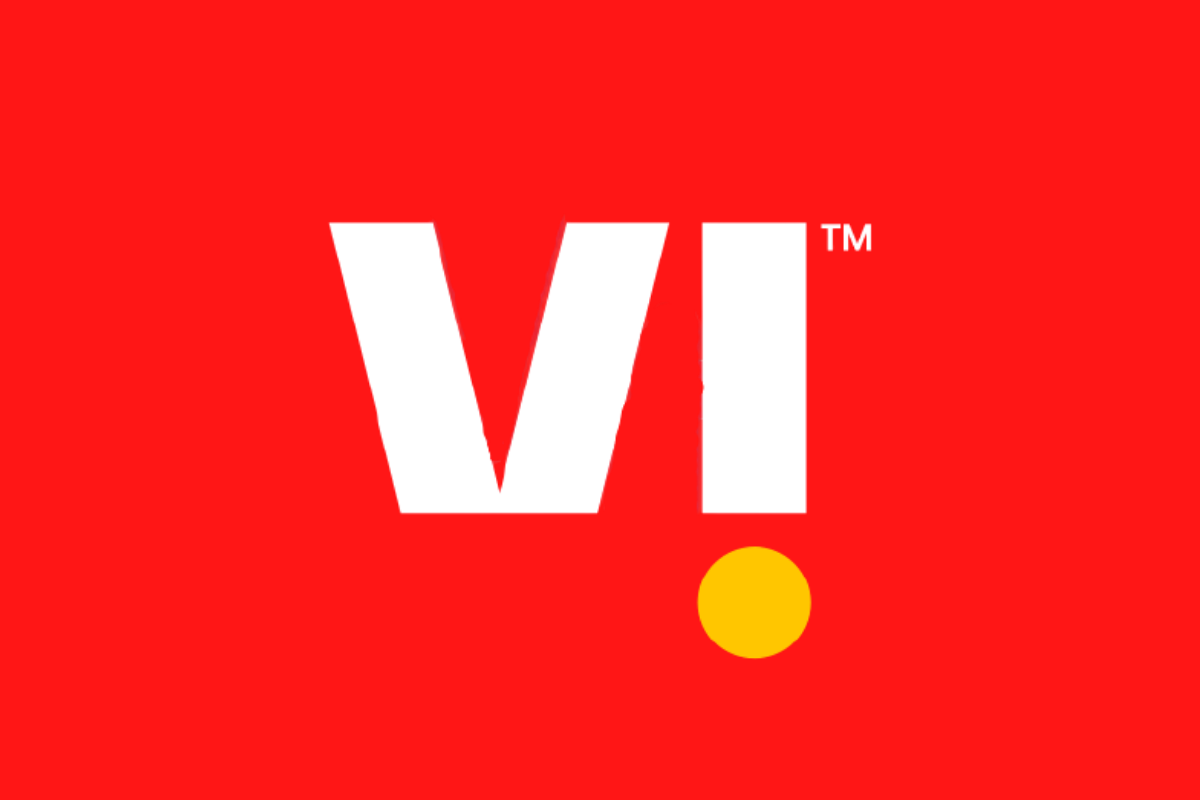Beleaguered telecom operator Vodafone Idea Ltd (VIL), which provides services under the ‘Vi’ brand, expects the government to step in and support the sector. Vodafone Idea Chairman, Himanshu Kapania, said in a letter to shareholders that the company is hopeful for the government to provide some sort of relief. Kapania further added that Vodafone Idea is hopeful that government will support its aim to make a reasonable return on the massive investments it has made. Debt-laden Vodafone Idea Ltd (VIL) is hopeful of the industry getting government support to tide over the present crisis, even as the telecom operator continues to focus on 4G services. Kapania, who took over as Chairman following the resignation of Aditya Birla group Chairman Kumar Mangalam Birla from VIL’s board in August 2021, did not specify the nature of support the industry was expecting from the government. The industry, reeling under high debt, had earlier sought financial reforms from the government, including a slashing of levies, doubling the tenure of auctioned spectrum holdings, and a 7-10 year moratorium for spectrum payments. VIL, which was formed after the merger of Vodafone India with Idea on August 31, 2018, has a subscriber base of 255.7 million (on VLR) with a subscriber market share of 25.7% as of March 31, 2021. The company had achieved a 65% run-rate basis as of FY21-end under its cost optimisation exercise undertaken earlier to achieve Rs 4,000 crore of annualised savings. As of March 31, 2021, VIL had a consolidated net debt of Rs 1.79-lakh crore, an increase from Rs 1.16-lakh crore recorded in the previous year. The company has a deferred payment of Rs 60,960-crore Adjusted Gross Revenue (AGR) dues, which has to be paid in 10 instalments starting March 2022.
Challenging FY21 For Vodafone Idea
The company’s primary focus in FY21 was focused on network investments to ensure a superior customer experience. It had expanded its 4G population coverage to over 1 billion and has been focusing on a digital-first approach. “While the operating challenges remain, increasing digital penetration, which has got a further boost during the pandemic, remains a massive opportunity for telecom industry especially when the pricing revives in future. Increasing content consumption, especially through video and social media usage, is driving strong demand for high-speed internet,” Kapania said.
